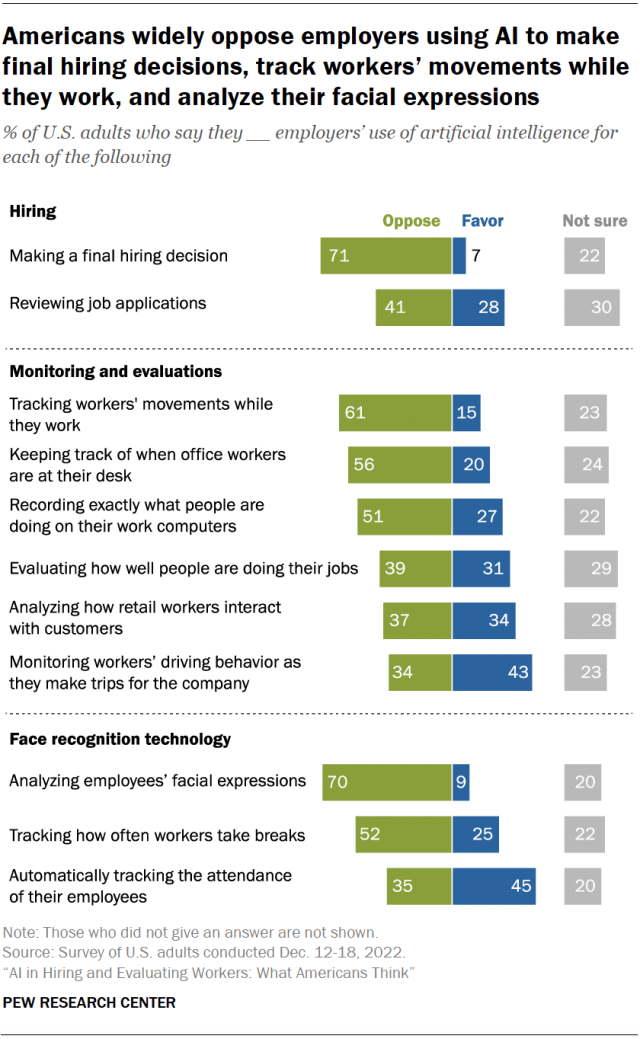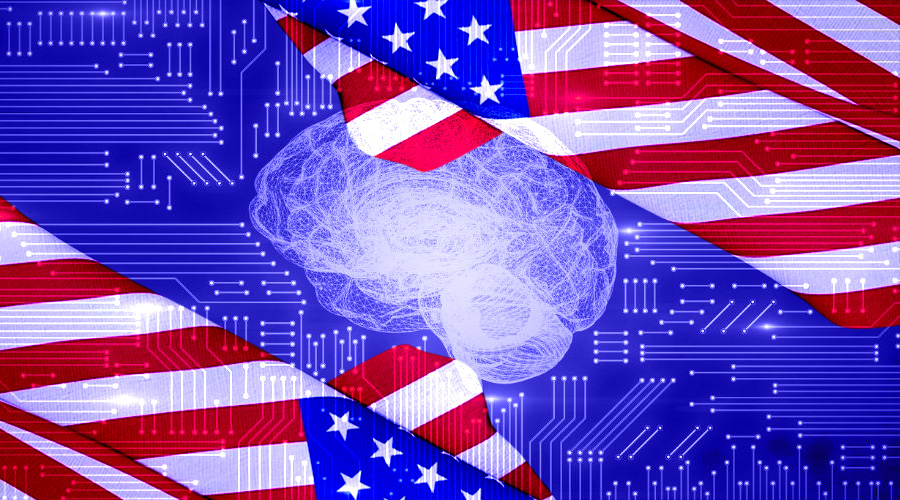With the rise of chatGPT and artificial intelligence (AI) in general, I feel as though I keep hearing peers mention it at least once a day.
“Jobs are going to be destroyed.”
“The world is going to be taken over by robots.”
“We’re all going to die.”
About 90 percent of Americans say they’ve heard at least a little about artificial intelligence, according to Pew Research Center. This leaves room for the conspiracy theorists of the world to draw such conclusions and thoughts above with little to no real knowledge of how AI works and its purpose.
Yet, AI seems to be widely supported and most knowledgeable to Americans when it can accomplish their daily tasks for them. A majority of Americans, 57 percent, say they would be excited for AI to perform household chores. An easy-to-access AI tool can find anything you’re looking for. It can do almost anything you need or ask. What’s not to love about that?
My generation has also seemed to use AI for the most part to either fulfill laziness or entertain themselves. Using chatGPT and paraphrasing tools to write their 10-page essays or using AI to make Pope Francis look like he was wearing a shiny silver puffer jacket that is drastically different from his usual religious attire.
Yet, there seems to be a shift in excitement when AI is being used positively for employers and jobs. For example, 66 percent of Americans say they would not want to apply for a job with an employer who uses AI to help with hiring decisions. The AI in this case is making the employer’s life easier and not the prospective employee’s life who may have never taken the time or money to perfect their resume or learn about SEO keywords.

Almost 40 percent of Americans oppose AI evaluating how well employees are doing their jobs. Is this because of a lack of effort in their job? This would seem to explain why many Americans are fearing losing their jobs to AI.
Other concerns worry about surveillance and data privacy. Yet, the same Americans accept cookies on websites that benefit their wants and use social media such as TikTok for their own enjoyment.
Despite the positive and negative concerns amongst Americans and even leaders in the AI industry, AI is being used and interpreted incorrectly. AI could eventually take over the human population. There’s no reason to not keep that as a possible conclusion in mind. However, AI is meant to advance the human way of life, not disintegrate it.
Why let it take over your life when it can make it easier? And, if it is going to make your life easier, you have to also be open to letting it make someone or something else’s life easier. Not just your own.
Don’t let it take your job. Use it to make your work at your job easier or more efficient. Learn how to use it to your advantage to stand out in the job market, especially if a so-called robot is evaluating your resume.
If there is unfortunately a time that comes when AI does take over human life as concerned, it is better to know what entity you are dealing with than to not know anything about it at all. In this scenario, ignorance is not bliss.
Not trying to learn AI and rather a majority expressing concern for the way AI can analyze humans demonstrates the true values of a majority of Americans. This ignorance is what blossoms the selfishness and laziness in Americans. Despite being an American, a majority of other Americans can testify this same idea against themselves. Almost 70% of Americans said the term “selfish” applies to the typical American well, and half said that the typical American can be described as “lazy.”
However, this may not only be an only American trait. Psychology can testify to the underlying laziness and selfishness that is within most people all over the globe. This doesn’t make people bad people. Just as one should find the balance of AI in their life, people need to also find a balance in their human attributes of laziness and selfishness.










